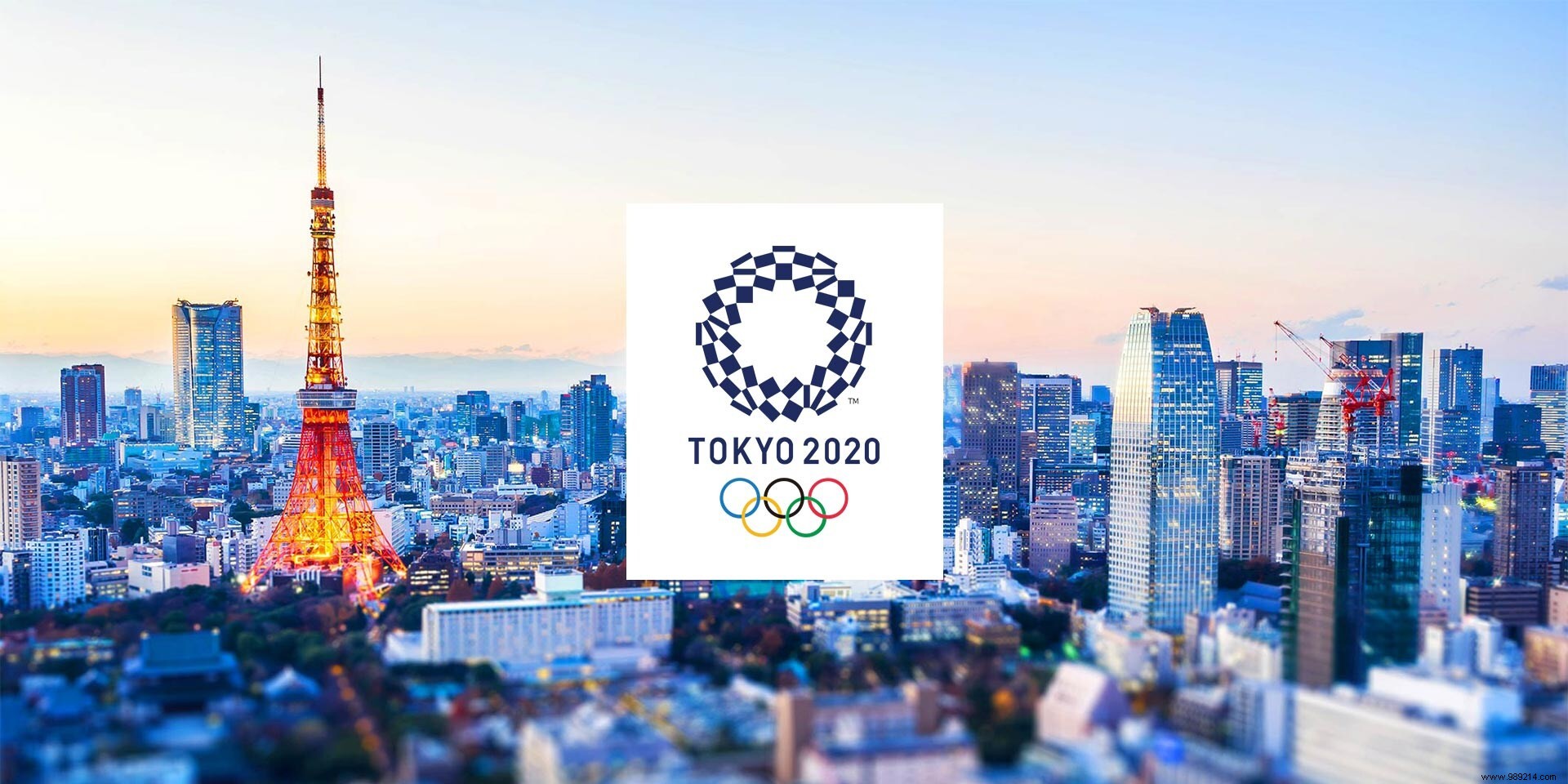With less than two months to go before the Tokyo Olympics open, Japan has extended its state of emergency for several weeks. The country is seriously considering canceling this event, for several reasons making its organization very complicated.
Today, Japan's Covid-19 toll stands at around 750,000 cases with just over 13,000 deaths . In view of the world situation, this country is not one of those whose case is the most alarming. However, Japan is now experiencing a fourth wave of cases and has extended its state of emergency until June 20, 2021, as explained by the daily La Croix in a May 28 article. The thing is, Japan is to host the Tokyo Summer Olympics from July 23 to August 8, 2021 . This event was originally scheduled to take place in 2020, but has been postponed.
There are several reasons why the country is seriously considering canceling the Olympic Games. The current fourth wave of Covid-19 cases is combined with a very slow start to the vaccination campaign. Indeed, only 2% of the population Japanese received a first injection. There is also poor coordination between central government and local authorities. In other words, regional disparities in terms of hospital capacity, which can lead to saturation.
Let's also talk about public opinion. According to a recent survey, 80% of Japanese people are in favor of the cancellation of the Olympic Games. Indeed, many citizens fear that the arrival of the 78,000 international athletes and their delegations will threaten public health.

An additional reason is added to the existing difficulties. A study published in the New England Journal of Medicine May 25, 2021 evokes a lack of tightness of the sanitary bubble designed to protect athletes and other participants. Researchers from several US universities believe that the manuals of the International Olympic Committee (IOC) dictating the procedure to be followed regarding the health bubble have not been subject to a scientifically rigorous risk assessment . Canceling the Olympics is therefore the safest option, scientists say. However, they want the event to continue in the name of social welfare.
The authors of the publication advocate the creation of an emergency committee under the leadership of the WHO. The goal ? Give indications to everyone, as was the case during the Rio Olympics in 2016 with the Zika virus. They also recommend classifying sports according to their dangerousness . The latter can be linked to the sports activities themselves and/or to the places where they will take place.
If the IOC has left no doubt about the holding of the event for several months now, the vagueness is still very present. For the time being, no reason has been determined, but for the Japanese authorities, the management of the crisis in the coming days will be decisive.